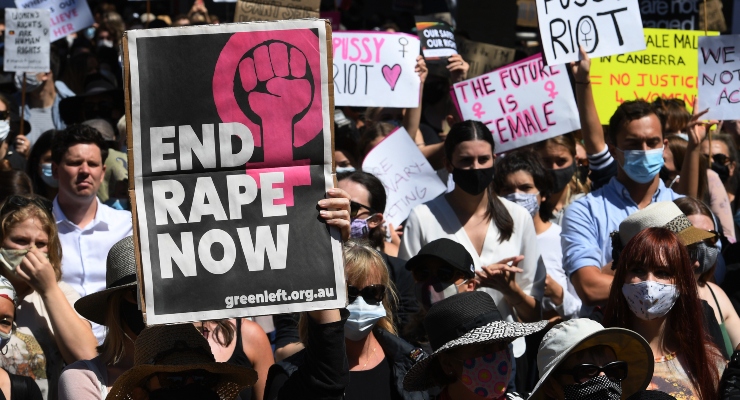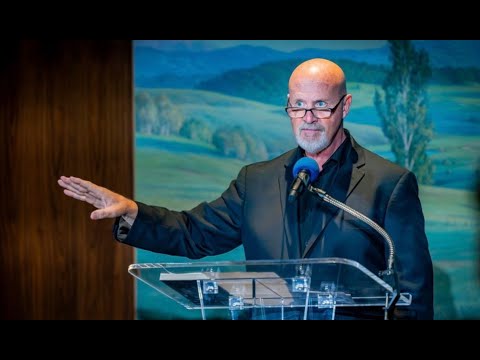In an ideal world women would have the power to break the chains of oppression alone, but in reality the strongest movements have support from all types of people.
It must be common for men to look around and simply see angry women everywhere. The Me Too age of accountability is upon us and social change is in the air. There are horrifying statistics about the numbers of women sexually harassed, raped, beaten and killed. Women are organising and marching.
Women are asking all men to be involved in addressing issues of women’s safety and equity; but to some males, this feels like they’re saying “all men are bad”. Hence the pushback with Not All Men, demonstrating a failure to separate the societal from the personal, a failure to recognise privilege and agency, and a failure to see how patriarchal structures and cultures benefit all men — even if as individuals, men may be unsuccessful or suffering.
Although in an ideal world women would have the power to break their chains of oppression alone, in reality the strongest movements have support from all types of humans and in particular the traditional benefactors of oppression. To make change quickly and definitively, we would benefit from male allies. They don’t have to lead, or be the voice or public face of the women’s rights movements. But they need to understand the issues, take responsibility and be part of the solution.
Want to read more about involving men in women’s rights?
Register your email address to get FREE access on a 21-day trial.








